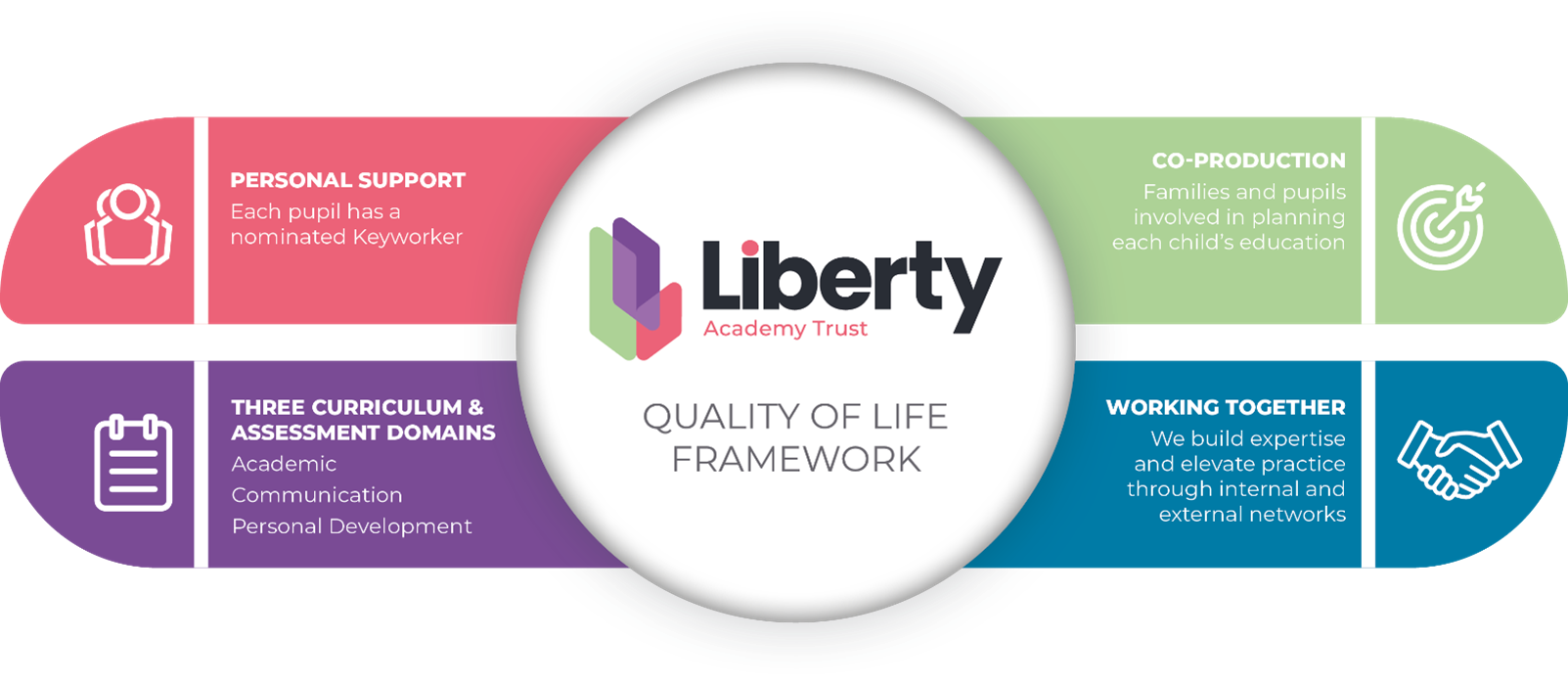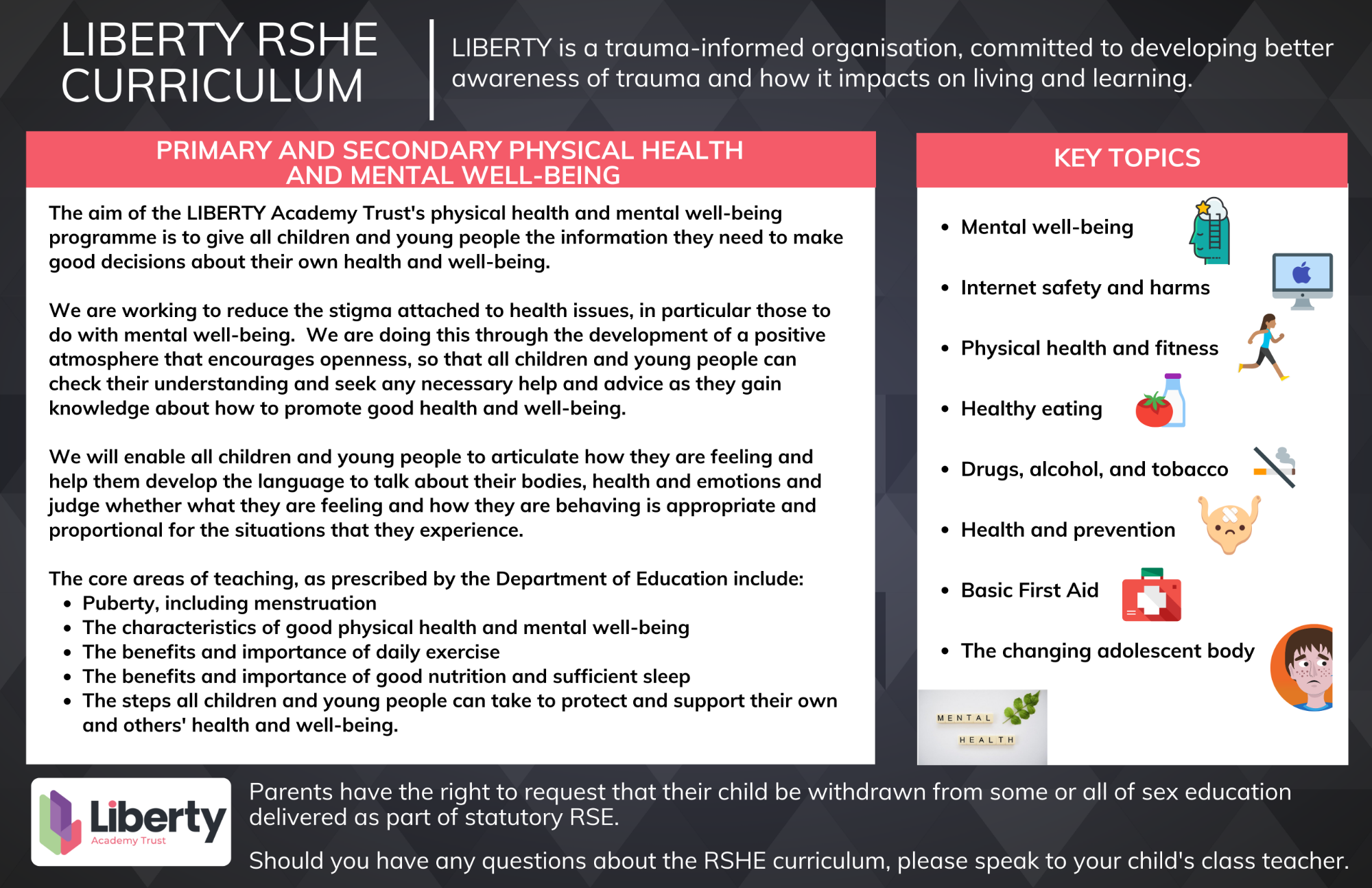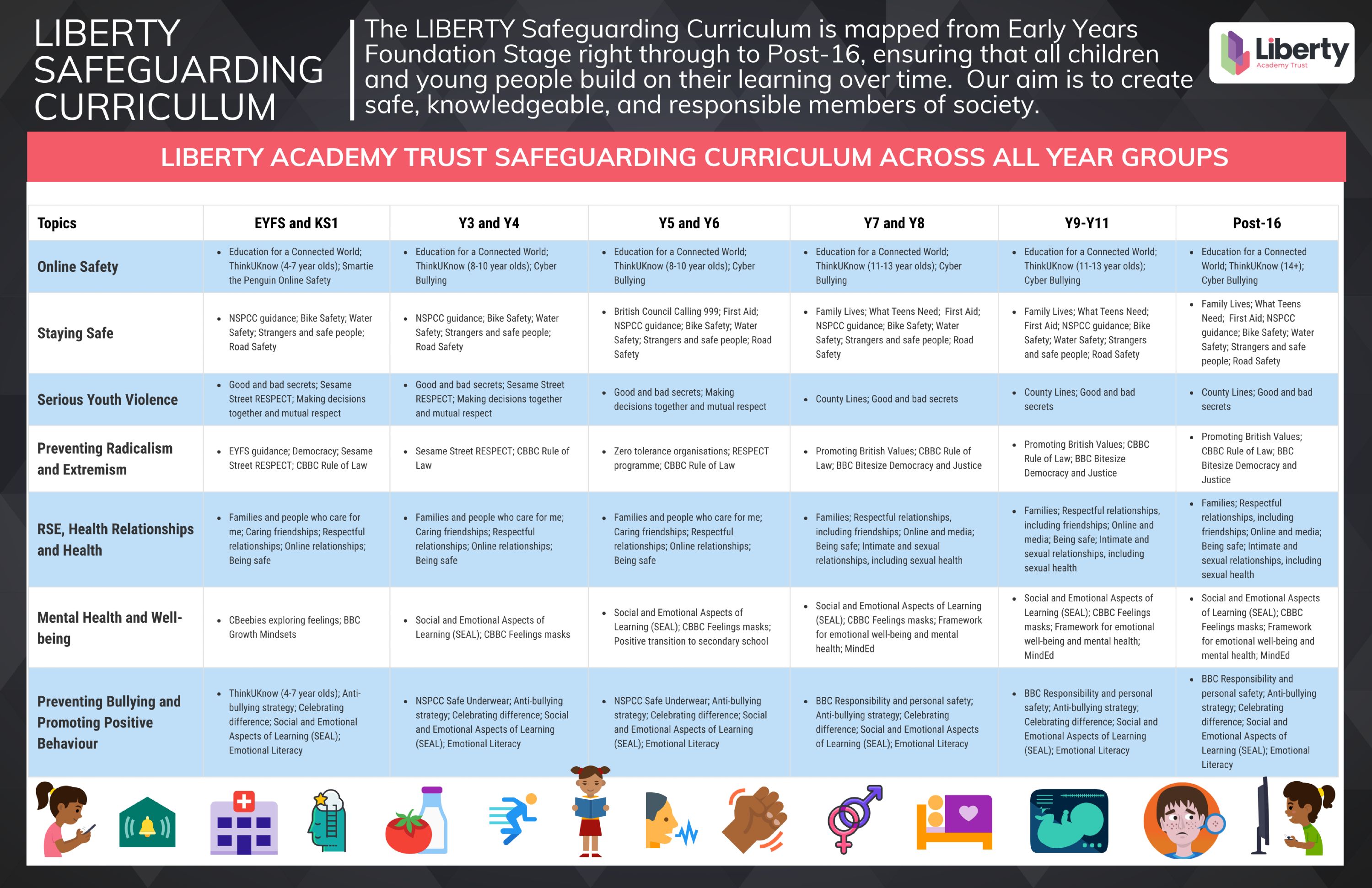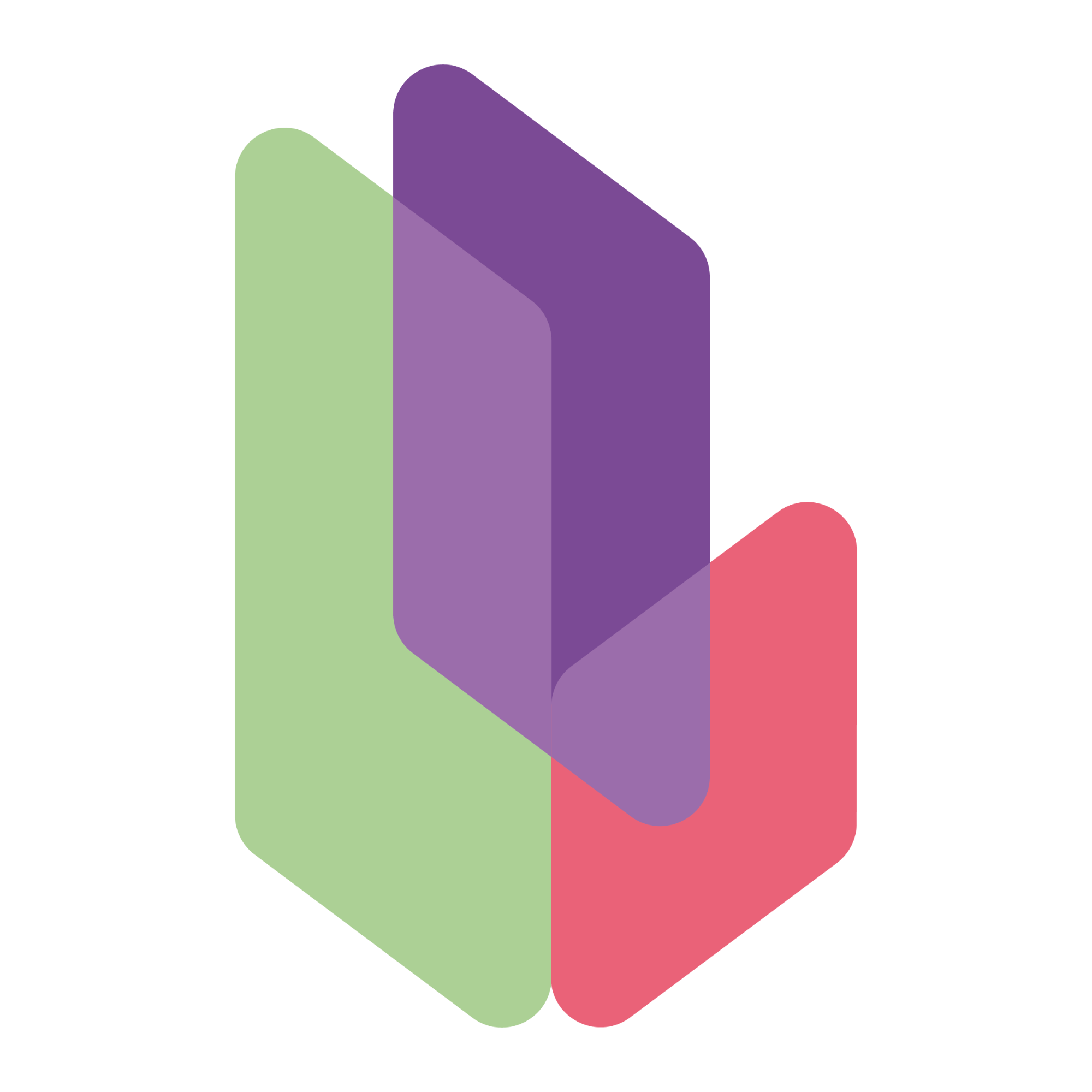Curriculum
The Aim of the Liberty Curriculum
Research suggests that autistic individuals are more at risk of a lower quality of life, may find it more challenging to make friends and more challenging to live independently. (Heijst and Geurts, 2015; Mason et al, 2018; Ayres et al, 2018; NAS, 2019) The most recent data from the Office of National Statistics (February 2022) reports that only 29% of autistic adults are in any kind of employment. It is therefore essential that the Liberty curriculum works to address these statistics.
Our curriculum aim is underpinned by the Quality of Life (QoL) framework, developed by educators at Swalcliffe Park School and supported by the National Autistic Society. The QoL framework is a strengths-based model, designed to support the positive development of the whole child; it reflects the commitment of every school and colleague to supporting every pupil’s academic and wider needs, recognising that co-production of goals and measures of success, with families, is central to all we do.

The framework illustrates how interconnecting elements contribute to the development of the individual and in our commitment to this framework, we expect all Liberty schools to take an evidence-informed approach which includes all key partners, so that the educational experience of every pupil is shaped by a clear understanding of their needs.
The Quality of Life framework is a strengths-based affirmative model, which seeks to unpick and understand:
- What makes the pupil happy and what are their aspirations?
- What are the skills they need to be independent adults of the future?
- How do we prepare them well for that future?
The aim of the Liberty curriculum therefore is to develop lifelong learners who are committed and well-equipped to learn about:
- The self;
- Others and the world around them;
- Culture and community;
- Local, national and global citizenship;
- Intellectual, moral, spiritual and emotional knowledge as expressed through language, mathematics, science, humanities and the arts.
Alexander (2022, p.118) asserts that a curriculum domain is characterised by:
- Epistemological or thematic coherence;
- An identifiable core of knowledge, skill, disposition and enquiry drawn from both established disciplines and other sources;
- The capacity to contribute to the pursuit of one or more established aims; and
- A critical balance of induction and exploration.[1]
With this in mind, there are three domains of the Liberty curriculum:
- Academic;
- Communication; and
- Personal Development.
The Academic Domain
The academic curriculum is built upon a traditional subject offer, informed by the English National Curriculum and delivered at the level appropriate to each pupil’s stage of intellectual development.
Where appropriate, pupils will access the same curriculum breadth as their peers in mainstream education; however, some pupils’ access will be influenced by their levels of functional understanding, with depth and breadth adapted accordingly.
The underlying principle; however, is that all pupils are entitled to access an academic curriculum that is broad and relevant – no level of disability should reduce this entitlement. Rather, as educators we take a creative pedagogical approach, which ensures access and depth of academic learning from starting points.
Please refer to the Teaching and Learning Policy for details on autism-friendly pedagogical approaches, which are adopted by Liberty schools, in order to support access.
The Communication Domain
The communication curriculum is central to the Liberty offer, due to the particular needs of autistic pupils. Our approach therefore comprises a structured programme of study which includes all modes of communication, such as spoken language, ICT, literacy, and visual language. As Prizant asserts: the long-term goal is to help individuals develop a sense of (what are) appropriate responses in different social situations and be able to… stay well regulated. (Prizant, 2022, p. 72) Approaches to communication are adapted and contextualised in schools to reflect local needs.
The underlying principles of the communication domain are to build lifelong skills which enable all pupils to engage in the world around them through modes of communication that can be understood by others. A key feature of the communication domain is the development of oracy skills, as this is often a key area of difficulty for autistic pupils.
The Personal Development Domain
The personal development curriculum includes a focus on personal interests, as well as skills for independent living, active citizenship, physical and emotional health and well-being. The underlying principles of the personal development domain are to ensure all pupils can flourish and thrive; perhaps capitalising on special interest areas or being introduced to new experiences, but all are expected to access a wider curriculum offer which extends beyond the academic and which develops responsible, respectful and active citizens of the future.
Themed days allow for concentrated personal development, which enhance personal qualities and dispositions such as resilience and tolerance and which are underpinned by our core values of courage, determination and teamwork – qualities that are recognised throughout life, in business as well as personal relationships.

The infographics below provide a detailed overview of our approach to Primary and Secondary RSHE; Physical Health and Mental Well-Being; and the Safeguarding curriculum – all of which are adapted and contextualised in schools to reflect local needs.




School leaders, in developing and implementing the curriculum are expected to give coherent justification for the domains and sequencing of learning chosen, “citing evidence, pedagogical principle and educational aim.” (Cambridge Primary Review, 2010, p.496)
All schools are to have clearly codified curriculum content which is used by all staff to ensure fidelity to the agreed intent and consistency in coverage across departments and/or teachers. The table below provides an overview of the minimum expectations for all schools and ensures all teachers, including those who are temporary or cover staff, have the resources needed to guarantee consistency of the curriculum for all pupils every day.
Expectations of Teaching Staff
All teaching staff (including HLTAs, UQTs, ECTs, QTS) are expected to:
- Have read all medium-term planning documents before lesson delivery;
- Have a clear understanding of the sequencing of the full curriculum and the rationale for the way in which it is sequenced;
- Have a clear understanding of the subject-specific knowledge required for pupils to make progress; and
- Have a clear understanding of what each pupil knows and can do, and what gaps they have so that adaptations can be made, leading to improvements in what they know and can do over time.
[1] By induction we mean an introduction to new knowledge and by exploration we mean the application of that knowledge.
